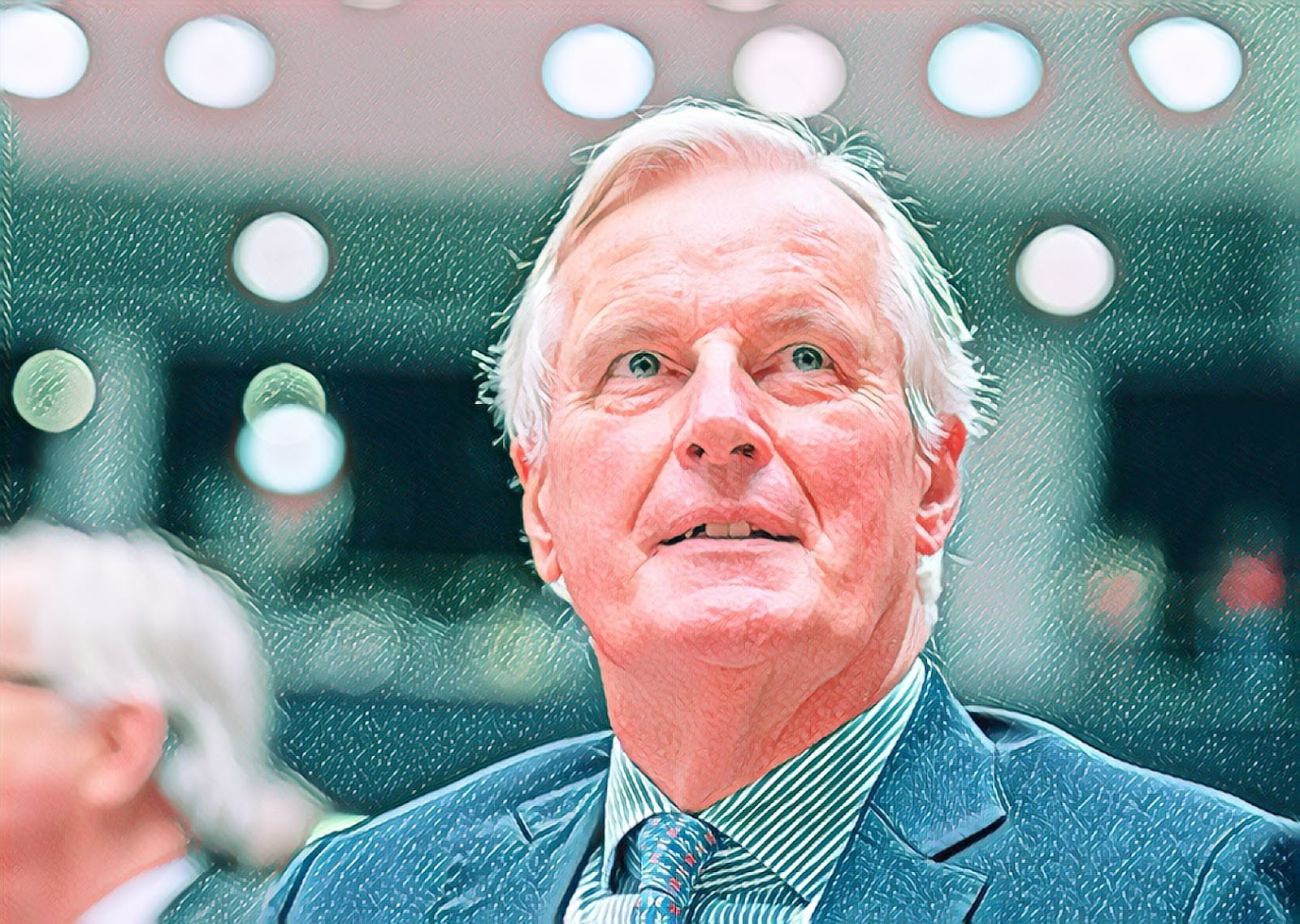You gotta hand it to Jupiter. First Macron made an alliance with the Left to stop Le Pen winning.
Now he's made a deal with Le Pen to keep the Left out of power.
Brilliant...he, well Macron's party, came in third by votes cast (Le Pen, of the "far" right, got a third of the votes, the Left a quarter)
Yet despite getting third place, he managed to snooker the other two to keep his party in power.
Another irony. Barnier, 73, will be the oldest PM of France's Fifth Republic, while he succeeds Gabriel Attal, the youngest, who was appointed only eight months ago.
Brilliant!
=====
1. Background on Macron's Electoral Strategy
- After a poor result in the European elections, Macron called for a parliamentary election.
- His goal was to weaken both the far-left and far-right, which he considered extreme, although this view is debatable - how can a party be described as far right if a third of the country votes for it?
2. Election Results
- Macron's plan backfired. Approximately a third of the electorate voted for Le Pen's National Rally, while a quarter supported the left.
- As a result, Macron's party found itself in the minority in parliament.
3. Deal with the Left
- For the second round of the election, Macron made a deal with the left - they ganged up on the National Rally to exclude it from power. In seats where there was a possibility that one or the other wood win the other stepped aside. This is called the Republican front or the Republican barrier. It works where one party had a chance to win, the other would step down to avoid splitting the vote.
- This strategy worked, with the left gaining the majority of seats, followed by Macron's party I think and Le Pen's National Rally.:
a. New Popular Front (NFP): A left-wing coalition led by Mélenchon, won 188 seats, becoming the largest bloc
b. .nsemble! (ENS): Macron’s centrist alliance secured 161 seats, a significant drop compared to previous elections.
c. National Rally (RN): Marine Le Pen’s far-right party captured 142 seats, marking substantial gains from earlier results.
4. Cross-Party Complications
- Despite this, Macron was still in a minority position in parliament.
- He then double-crossed Mélenchon by refusing to support a left-wing Prime Minister, even though the left had the most seats.
- Macron couldn't support a candidate from the right either due to the Republican front.
5. Outcome: a compromise
- Instead of accepting a far-left or far-right candidate, Macron convinced the right-wing to partially support his programme.
- He appointed a centrist Prime Minister, Michel Barnier, ensuring that his party could still effectively run parliament, despite finishing third in terms of seats.
First Interview with Barnier following his Appointment
https://youtu.be/Ia5Ag8lvWp4?si=14v6STI3G4lLFlvT
Comment
1. Macron’s Leadership Criticism
- The writer criticises Emmanuel Macron for being arrogant and self-serving.
- They argue that Macron’s recent political decisions, particularly appointing an elderly right-wing Les Républicains Prime Minister, do not align with the people's will.
2. Betrayal of the Left
- Macron's reliance on left-wing votes to block Marine Le Pen in previous elections is viewed as a betrayal since his policies now appear similar to hers.
3. Democratic Concerns
- The lack of compromise by the leftist **NFP** coalition has hindered government formation, and there are concerns about Le Pen's future success threatening democracy.
4. Pessimistic Outlook
- The author fears Macron will be seen as the person who undermined the French Republic, similar to how **Napoleon** did after the Revolution.








0 comments:
Post a Comment
Keep it clean, keep it lean